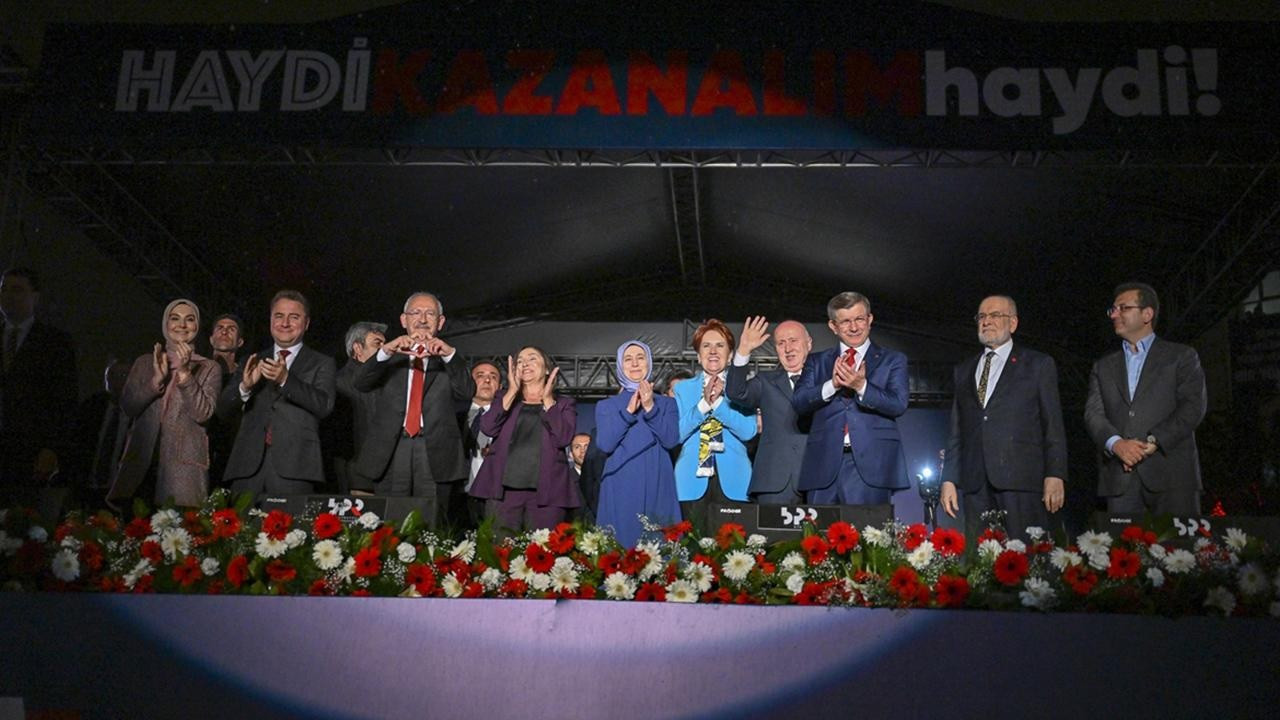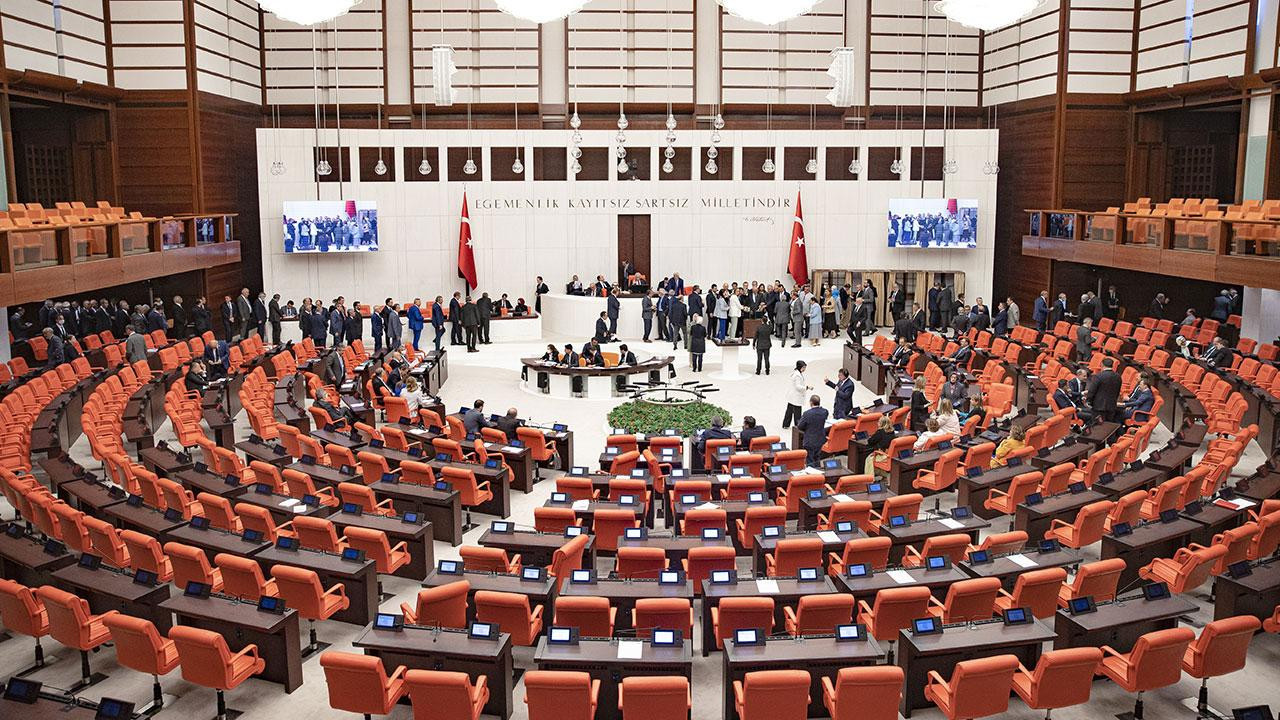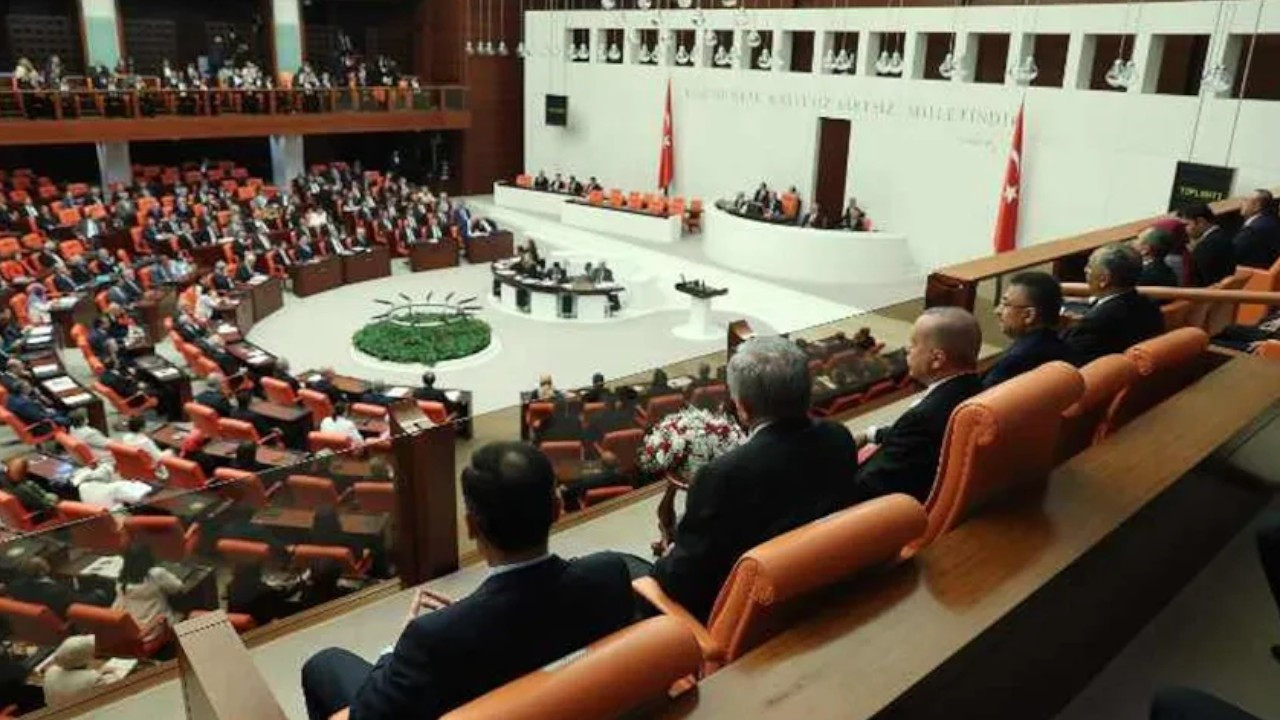Opposition Future and Felicity parties form joint parliamentary group
Opposition’s Future and Felicity parties on July 6 announced that they would form a joint parliamentary group under Felicity Party's name to reach the number of MPs to establish a group. The alliance of the two parties will also continue in the 2024 local elections.
Duvar English
Opposition’s Felicity Party Chair Temel Karamollaoğlu and Future Party Chair Ahmet Davutoğlu on July 6 announced that the parliamentary deputies of the two parties have united under the Felicity Party and formed the sixth parliamentary group.
Both parties entered the parliamentary elections on May 14 from the main opposition Republican People’s Party (CHP) list and gained 10 MPs each as part of the Nation Alliance. A party needs a minimum of 20 MPs to form a parliamentary group.
Both parties will retain their institutional identities and Selçuk Özdağ from the Future Party will be the group chair.
Davutoğlu stated that the voters emphasized the importance of being organized after the elections and added, “After the elections, we took an important step by making many sacrifices in order to disperse the pessimism and to eliminate the appearance of disorganization.” He emphasized that two party wanted to strengthen the authority of the parliament to hold the government to account.
Karamollaoğlu, on the other hand, stated that they did not get the results they expected in the elections, but they would not have the opportunities that they have currently if they would not enter the elections together as an alliance.
The first group meeting in parliament will be held on July 11 and both leaders will make a speech.
In a written statement made after the press conference, both parties stated that they also formed an “electoral alliance named Felicity-Future Alliance” in order to cooperate in the local elections to be held on March 31, 2024.
If a party has a parliamentary group, it gains additional rights such the right to speak more in the general assembly, the right to organize group meetings, and the right to be member in parliamentary commissions.
The DEVA Party from the Nation Alliance had rejected transfer of MPs to form a group because "it would lead to confusion, create governance problems, and hinder the development of the parties' self-identity."

 Nation Alliance politicians in fresh row over contribution to CHP vote in general electionPolitics
Nation Alliance politicians in fresh row over contribution to CHP vote in general electionPolitics Right-wing lawmakers dominate Turkish parliamentPolitics
Right-wing lawmakers dominate Turkish parliamentPolitics Turkish Parliament’s 28th term starts with opposition protest against ErdoğanPolitics
Turkish Parliament’s 28th term starts with opposition protest against ErdoğanPolitics